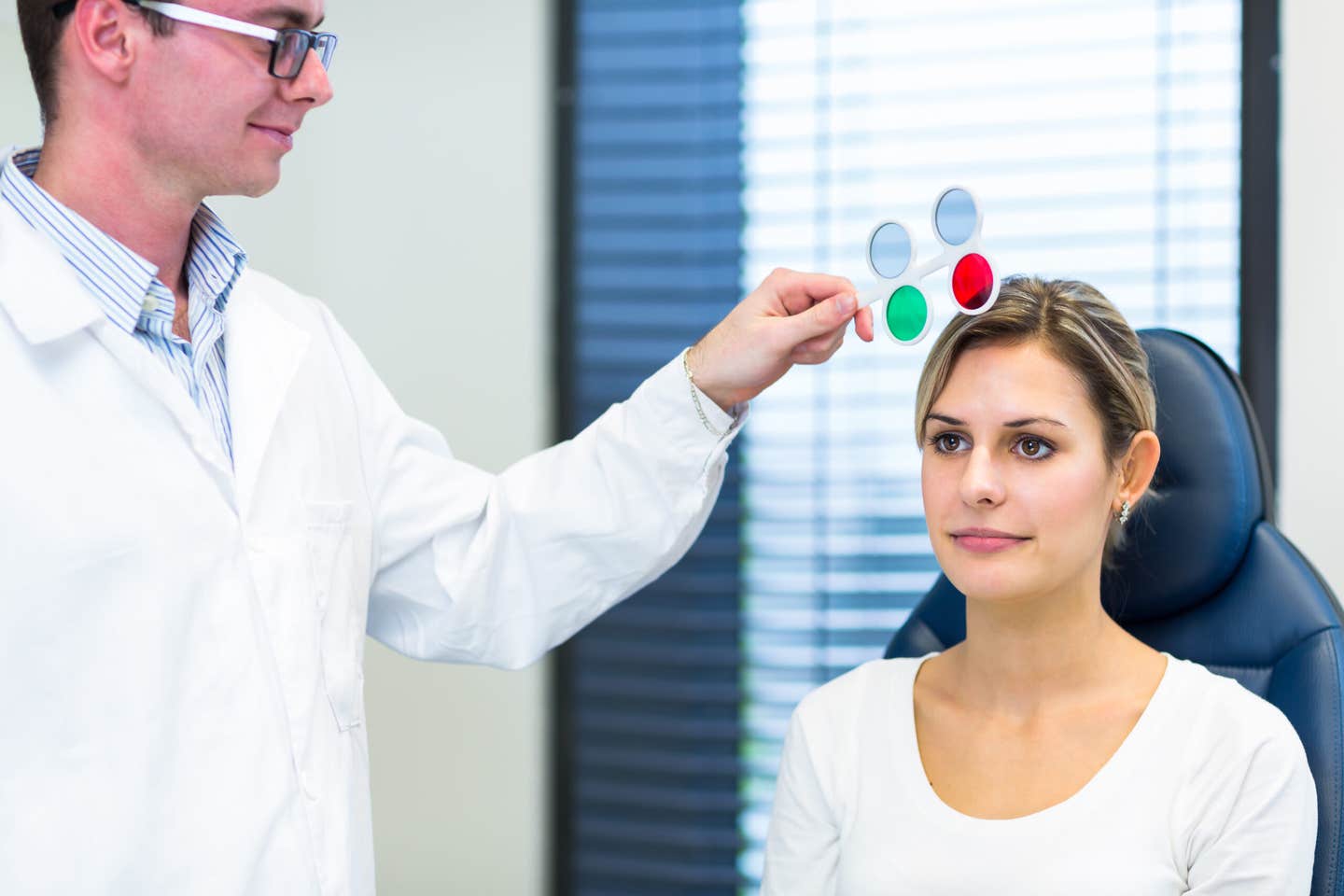Kidney cancer cases are expected to double by 2050, study finds
Kidney cancer cases could double by 2050, driven by preventable risks like obesity, smoking, and diabetes, new research warns.

Kidney cancer cases are projected to nearly double by 2050, but researchers say prevention and early detection can help curb the trend. (CREDIT: Shutterstock)
Kidney cancer is on the verge of becoming a far larger health problem than it currently is, with cases expected to nearly double by 2050 worldwide. That's the bleak conclusion in a sweeping survey led by an international team of researchers.
In 2022, nearly 435,000 people globally were diagnosed with kidney cancer and almost 156,000 died from it. According to projected trends, those numbers would increase to 746,000 new cases and more than 300,000 deaths in just 25 years. The quickened pace is not only driven by the aging population but also by risk factors of everyday life such as obesity, hypertension, diabetes, and smoking.
"Kidney cancer is a growing worldwide health problem, and doctors and policymakers need to prepare for this steep rise," said Dr. Alexander Kutikov, Fox Chase Cancer Center Department of Urology Chair and study's senior author. "This review is a benchmark for the field, summarizing what we know about incidence, survival, genetics, and risk factors for kidney cancer."
A Cancer That Strikes Unevenly
Kidney cancer does not strike people the same. The review found that geography, gender, and access to healthcare dramatically affect survival. Five years after being diagnosed, survival was dramatically different-from a low of 40 percent in some regions to up to 75 percent in richer nations where diagnosis and treatment are more universally accessible.
Some of this is due to early diagnosis. Where patients receive more typical imaging, cancers are diagnosed before they are widespread. Availability of cutting-edge surgery, chemotherapy, and radiation therapy also improves survival chances.
Men are diagnosed with kidney cancer more often than women, but the reasons are yet to be determined. Heredity, family-based genetic mutations, and race also play a role in who is at increased risk for the disease.
Even though most kidney cancers are not inherited, scientists estimate that 5 to 8 percent trace their origins to genetic mutations. The inherited mutations affect a range of genes like VHL, TSC1 and TSC2, MET, BRCA2, among others.
Doctors recommend genetic testing in patients diagnosed at a younger age, bilateral tumors in the kidneys, or a family history of the disease. Identifying these mutations allows doctors to offer more specific screening and treatment options, and educate families regarding their own health risk.
Preventable Risk Factors Fuel the Explosion
What would be most surprising in the new evidence is the number of cases of kidney cancer that are attributed to avoidable causes. More than half of diagnoses worldwide are due to modifiable risk factors. Being overweight, high blood pressure or diabetes, having chronic kidney disease, smoking, and physical inactivity have all been linked to higher risk.
Environmental exposures, some of the chemicals in the workplace, add another level of risk. But unlike sex, family history, or age, these are risks you can take action to reduce.
"Lifestyle modification like weight control, blood pressure and blood sugar control, and most importantly smoking cessation can reduce risk considerably," Kutikov said. "These are preventive measures that can make a difference."
Preparing for the Future
Experts caution the predicted rise in kidney cancer cases is not only a matter of public health but also a health concern. Policymakers and physicians will be forced to alter screening, prevention, and treatment programs to counteract the swelling demand.
The report recommends focusing on early detection programs and healthy living would reduce the growing load. Thankfully, anti-smoking and anti-obesity campaigns to make people aware have already reduced other types of cancer. The same could potentially arrest the spread of kidney cancer.
Practical Implications of the Research
The study’s findings highlight a path forward. By promoting lifestyle changes—such as weight management, exercise, controlling blood pressure and blood sugar, and quitting smoking—you can dramatically cut your risk. For those with a family history of kidney cancer, genetic testing provides an added layer of protection by flagging potential vulnerabilities early.
At the population level, this research arms doctors, patients, and policymakers with better information to plan for the future. Preemptive therapy, targeted genetic screening, and preventive programs for high-risk groups can reverse the tide of this cancer. While the numbers are alarming, the lessons harvested hold potential to stem or even reverse the trend.
Research findings are available online in the journal European Urology.
Related Stories
- UCLA develops new immune cell therapy to battle deadly kidney cancer
- First-ever smart face mask can detect kidney disease by analyzing your breath
- Ozempic successfully treats kidney disease
Like these kind of feel good stories? Get The Brighter Side of News' newsletter.
Joshua Shavit
Writer and Editor
Joshua Shavit is a NorCal-based science and technology writer with a passion for exploring the breakthroughs shaping the future. As a co-founder of The Brighter Side of News, he focuses on positive and transformative advancements in technology, physics, engineering, robotics, and astronomy. Joshua's work highlights the innovators behind the ideas, bringing readers closer to the people driving progress.



